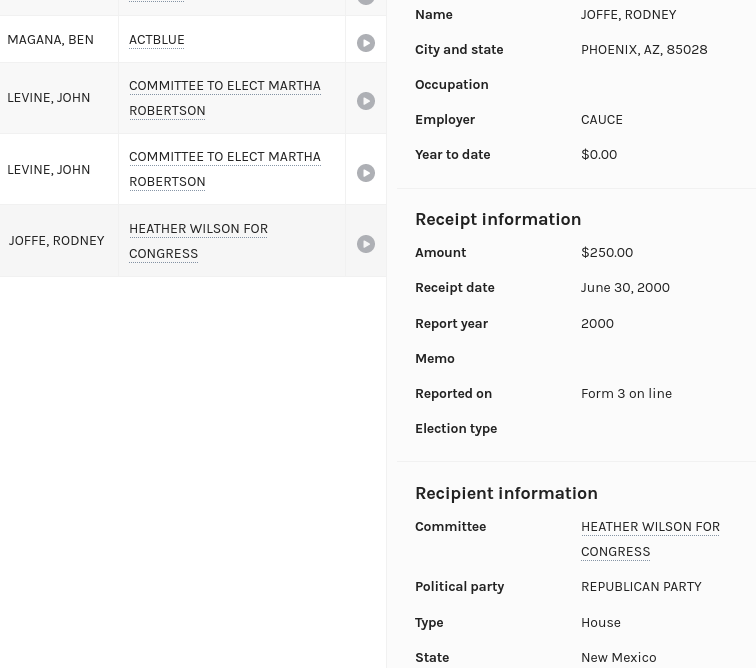
6 Oct 1997
Microsoft
WorldCom
MCI
Dec 1994
Microsoft and UUNET made a deal: UUNET would get the backbone contract for the Microsoft Network; Microsoft would get 13% of UUNET.
web.archive.org/web/2003030722…
Microsoft
WorldCom
MCI
Dec 1994
Microsoft and UUNET made a deal: UUNET would get the backbone contract for the Microsoft Network; Microsoft would get 13% of UUNET.
web.archive.org/web/2003030722…
Over the next 2 years, the Microsoft Network delivered 40%+ of UUNET revenue. It also delivered wealthy suitors: first MFS, then WorldCom. So what did Microsoft get, beyond a backbone? A pretty good return on its investment, it seems
If it held on to all those UUNET shares (MS execs aren't telling):
25 May 1995
UUNET goes public
Microsoft's shares: 4.2M
Worth: $58M
19 Aug 1996
UUNET merges with MFS. Each UUNET stock converts to 1.78 shares of MFS stock.
Microsoft's shares: 7.5M
Worth: $263M
25 May 1995
UUNET goes public
Microsoft's shares: 4.2M
Worth: $58M
19 Aug 1996
UUNET merges with MFS. Each UUNET stock converts to 1.78 shares of MFS stock.
Microsoft's shares: 7.5M
Worth: $263M
31 Dec 96
MFS merges with WorldCom. Each MFS stock converts to 2.1 shares of WorldCom stock.
Microsoft's shares: 15.75M
Worth: $599M
Date TBD: WorldCom buys MCI
Microsoft's shares: Unknown
Worth: Unknown
MFS merges with WorldCom. Each MFS stock converts to 2.1 shares of WorldCom stock.
Microsoft's shares: 15.75M
Worth: $599M
Date TBD: WorldCom buys MCI
Microsoft's shares: Unknown
Worth: Unknown
• • •
Missing some Tweet in this thread? You can try to
force a refresh




